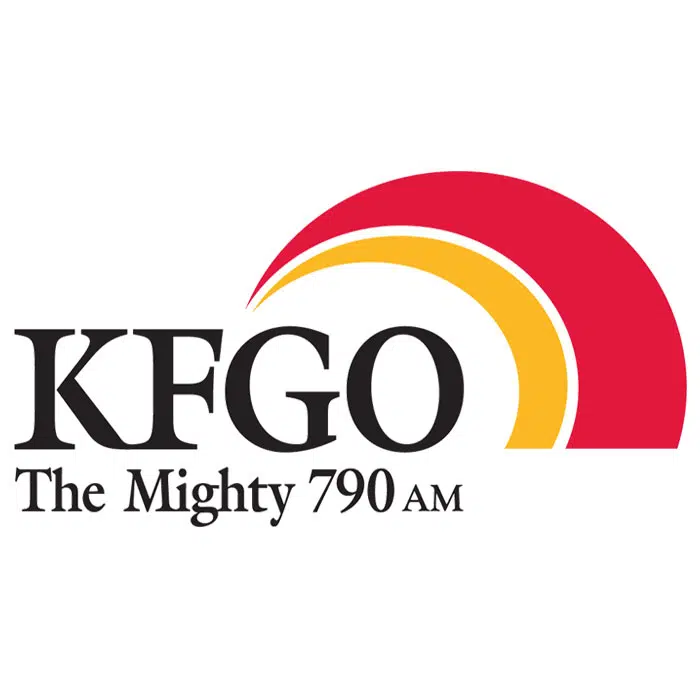By Philip O’Connor, Karolos Grohmann and Mari Saito
BEIJING (Reuters) – Norway nabbed the first gold medal of the Winter Games on Saturday as the politics dominating the Beijing Olympics began to make room for the snowy feats of the world’s best athletes.
Norwegian Therese Johaug nL8N2UG08K powered to victory to take the gold medal in the women’s skiathlon race, well ahead of Russian Natalia Nepryaeva and Austria’s Teresa Stadlober, who snagged the bronze medal.
Further back in 43rd place was Dinigeer Yilamujiang, a 20-year-old cross-country skier whose role as a final torchbearer for China in the opening ceremony continued to make waves.
The selection of Yilamujiang nL8N2UG08W, from Altay in China’s western Xinjiang region, as one of two final torchbearers came as many western nations diplomatically boycotted the Games over China’s treatment of Uyghurs and members of other Muslim minority groups. China rejects allegations of human rights abuses.
The International Olympic Committee on Saturday insisted Yilamujiang’s ethnicity had nothing to do with her selection.
“She has every right, wherever she comes from, whatever her background, to compete… and to take part in any ceremony,” said IOC spokesman Mark Adams.
Chinese president Xi Jinping, who triumphantly opened the Games on Friday night in a partially-filled Bird’s Nest stadium, continued his diplomatic push on the Games’ sidelines.
GROUNDBREAKING ALLIANCE
The day after forming a groundbreaking alliance with Russian President Vladimir Putin against the West, Xi met with leaders of Serbia, Egypt, Kazakhstan and Turkmenistan ahead of a Lunar New Year-themed banquet at Beijing’s Great Hall of the People.
Toasting his fellow leaders, Xi expressed “heartfelt thanks to all governments, peoples and international organisations who care about and support the Beijing Winter Olympics.”
It was unclear if Putin had attended the lunch, or if he would watch any competition before leaving Beijing. Women hockey players from the Russian Olympic Committee were due to play the United States later on Saturday night.
In a stunning collision of sports and politics not seen since the Cold War era, Xi and Putin on Friday declared a no-limit partnership on the sidelines of the Games, backing each other over Ukraine and Taiwan and inking new deals on energy and trade.
Taiwan condemned the ‘contemptible’ timing of the partnership, while the United States said Xi had wasted an opportunity to take action on Ukraine.
Beijing’s slopes were not without their own controversy. Switzerland’s Marco Odermatt hit out at Olympic ski organisers after Saturday’s downhill training was cancelled with just three runners having completed the course.
COVID CASES
The number of cases of COVID-19 cases inside the Games bubble hit the second highest since arrivals began after 45 new cases were detected on Feb. 4. Organisers said the situation was under control and cases were confined to a ‘closed loop’.
The 2022 Winter Games are being held in Beijing in extraordinary circumstances with metal fences, robot bartenders, workers in hazmat suits and strict mask policies meant to prevent the spread of coronavirus.
At least one athlete said he was determined to make the most of it.
American snowboarder Shaun White, who became the face of the sport, winning three gold medals, said on Saturday the Beijing Olympics would be his last snowboarding competition and that he would retire from all contests.
White, 35, said he was “enjoying every moment” of his final Olympics in Beijing.
White said he had decided to retire recently, during a quiet moment when he got lost and had to take a chair-lift over an empty mountain by himself.
“I was watching … the sun go down and it just hit me,” he said.
“It was very sad and a surreal moment but really joyous as well,” said White, adding that he “broke down” a little before calling his friends and family to tell them of his decision.
(Reporting by Philip O’Connor and Mari Saito in Zhangjiakou, Karolos Grohmann and David Stanway in Beijing; Writing by Leela de Kretser; Editing by Ken Ferris)



